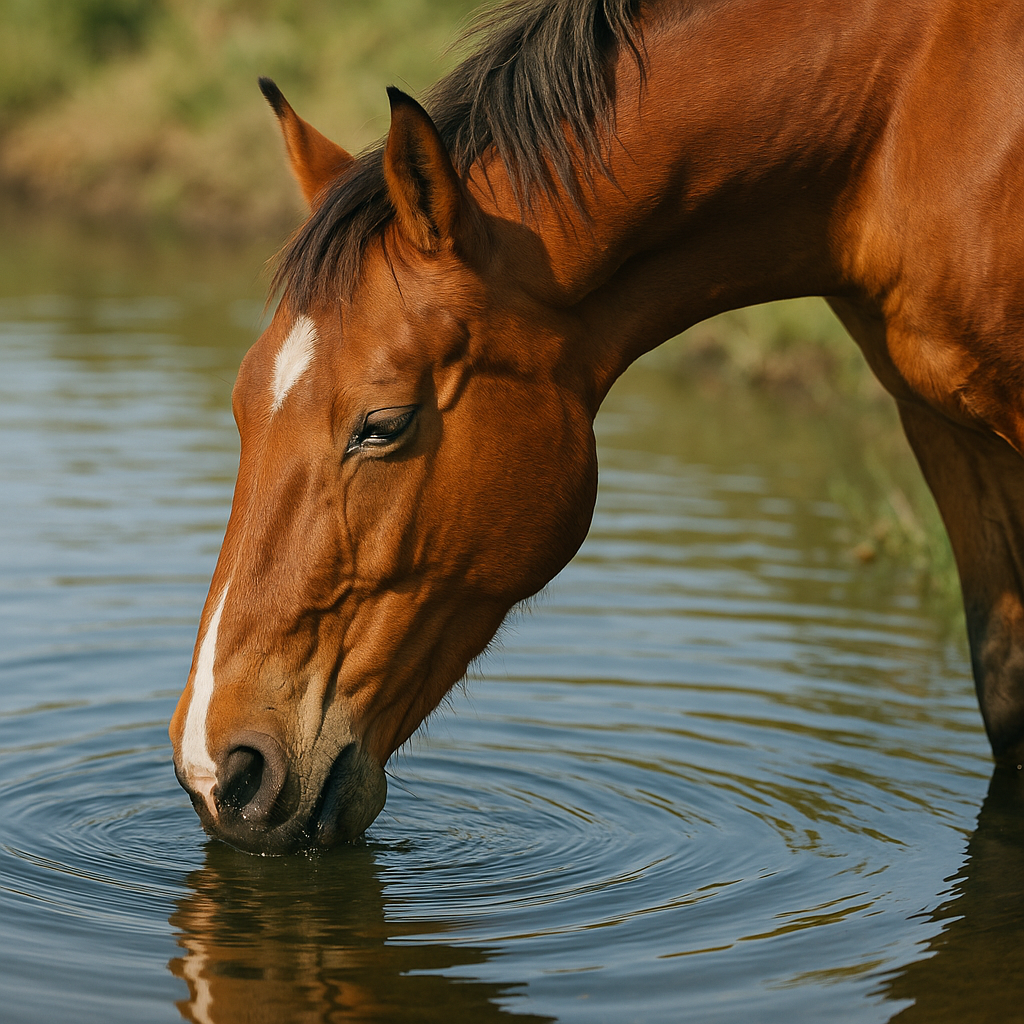Water is essential for a horse’s health, performance, and overall well-being. Understanding how much water a horse needs daily can help owners ensure their animals stay hydrated and healthy. This article explores the factors influencing a horse’s water intake, provides guidelines on daily water consumption, and answers common questions.
Factors Affecting a Horse’s Water Intake
Several factors influence how much water a horse drinks each day:
- Size and Weight: Larger horses generally require more water.
- Activity Level: Active or working horses need more hydration.
- Weather Conditions: Hot or humid weather increases water needs.
- Diet: Horses eating dry feed or hay drink more water than those grazing on fresh pasture.
- Health Status: Illness or certain medications can affect water consumption.
Daily Water Intake Guidelines
| Horse Type | Average Weight (kg) | Water Intake (liters/day) |
|---|---|---|
| Light Riding Horse | 400-500 | 20-30 |
| Heavy Draft Horse | 700-900 | 40-60 |
| Pregnant/Lactating | Varies | 30-50+ |
On average, a horse drinks between 20 to 55 liters (5 to 15 gallons) of water daily. However, this can vary widely based on the factors mentioned above.
Signs of Dehydration in Horses
- Dry gums and mucous membranes
- Sunken eyes
- Reduced skin elasticity
- Lethargy or weakness
- Decreased urine output
If you notice these signs, it’s crucial to provide water immediately and consult a veterinarian.
Tips to Encourage Water Intake
- Provide clean, fresh water at all times.
- Use multiple water sources to encourage drinking.
- Add electrolytes during hot weather or intense exercise.
- Offer water at different temperatures.
Frequently Asked Questions (FAQ)
Q1: Can horses drink too much water?
A: While rare, excessive water intake can lead to water intoxication, but horses typically regulate their intake well.
Q2: How does water quality affect a horse’s drinking habits?
A: Horses prefer clean, fresh water. Contaminated or stagnant water can reduce intake and cause health issues.
Q3: What if a horse refuses to drink?
A: Check for health problems, water quality, and environmental stressors. Consult a vet if refusal persists.
Ensuring your horse drinks enough water daily is vital for its health and performance. By understanding their needs and monitoring intake, you can help maintain your horse’s hydration and well-being.
